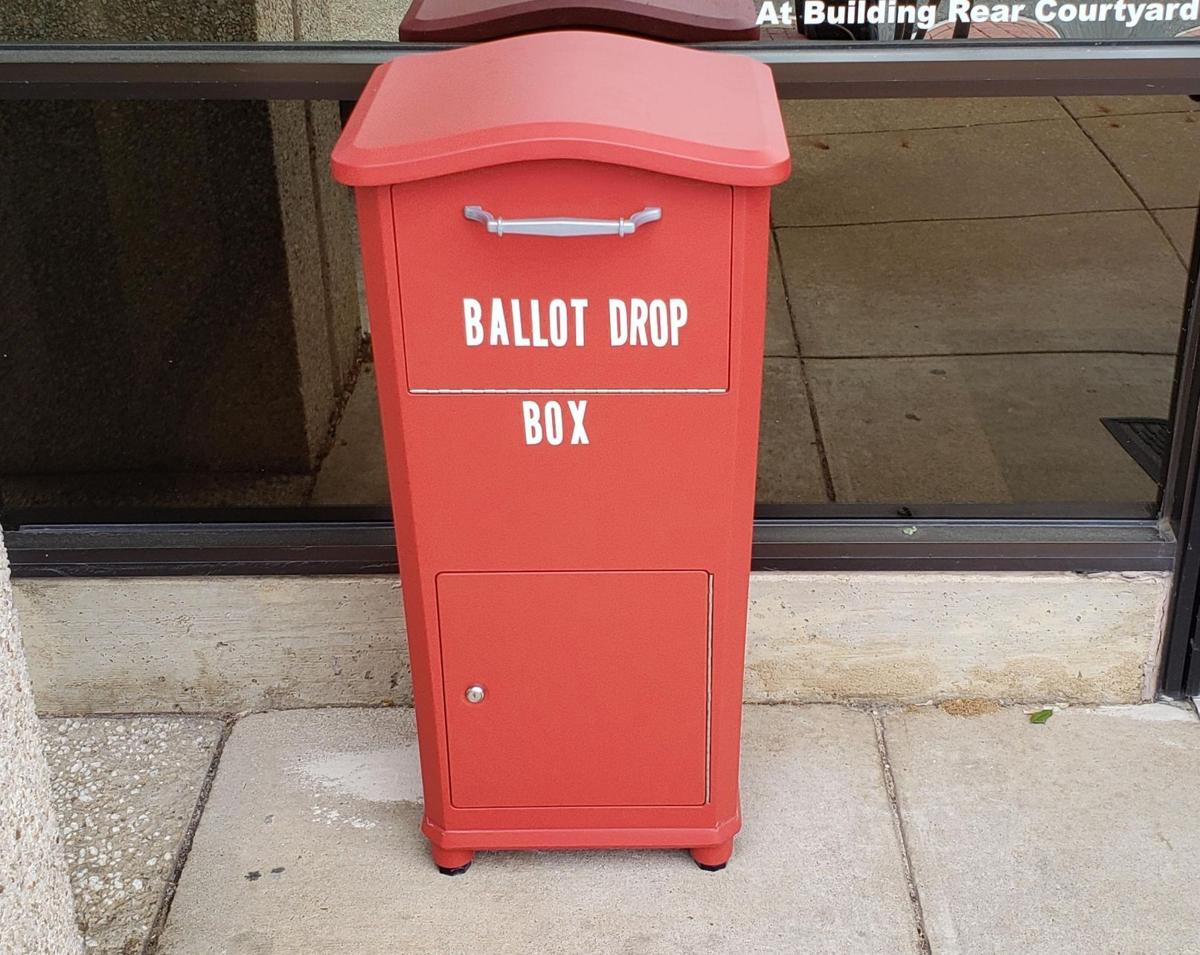-

Richard Brodsky.
Richard Brodsky.
Photo: H&H Photographers
Image 1 of 1
Richard Brodsky.
Richard Brodsky.
Photo: H&H Photographers
A new book is making astounding claims. It turns out that decisions made by state government are critical to the quality of life for most Americans. What?
What makes this all the more surprising is that it comes from the left. Meghan Winter’s new book, “All Politics Is Local,” is grounded in the new insurgency with strongly progressive preferences. And it describes the New York experience as an example of what can be accomplished if progressives pay attention to state government.
The easiest response is, “What took you so long?” For those of us on the left who toiled in the vineyards in Albany, the indifference and disdain of national and local Democratic bigwigs was a constant source of irritation. Not only were we stopping the general shift to the right, but we were plowing new ground on things like pre-K, pollution reduction, expanded health care, reproductive freedom, access to higher education and much more.
New York’s progressive political elite paid limited attention, save for a brave and surprisingly effective Albany-based cadre of advocates. Marching on Washington and electing members of Congress were where it was at. Come to Albany on a freezing Tuesday to support universal pre-K? Not so much.
Don’t get me wrong. Winter’s book is helpful. But there’s an ahistorical failure to account for the phenomenon of progressive neglect of state government: “Republican, conservative, and libertarian strategists have chosen to exert power through state-houses because they can do so in obscurity. … Conservative stakeholders control debates through domination of elected bodies from the school board up to the legislature and governor’s office.” The right earned that domination. They paid attention and triumphed. The left didn’t.
What appears to Winter as “obscurity” was mainly a wilful failure to pay attention. If you are a school board member from Utica, or a teachers union member from Yonkers, you knew and cared about Albany’s work. The progressive elites weren’t present or interested. The conservative elites were visible, thorough and organized.
Labor unions and the Working Families Party did make a difference. And last year the left paid enough attention to Albany to rout the Independent Democratic Conference senators who had allied with Gov. Andrew Cuomo and Republicans to squelch a lot of progressive legislation. So she’s right; New York is now a model for progressive public policy.
In fairness to Winters, she points to the erosion of local news coverage as a cause of the obscurity she laments. The problem with that observation is that the progressive neglect of state politics predates the recent collapse of local coverage. I can attest that it was so decades ago. And we have seen a continuing commitment to local news in outlets like the Times Union and new players such as the internet site “The City,” which you should check out.
The left is ascendant to be sure. But not monolithic. There remains a robust appetite for genuine dispute on the wisdom of particular progressive initiatives, highlighting the need for a functional conservative opposition to test and counter ideological conformity. But New York is the poster child for the practical consequences of paying attention to state politics. It may be that other states will follow suit. Winter may be late to the party but she’s welcome.
Richard Brodsky is a former state Assembly member.


